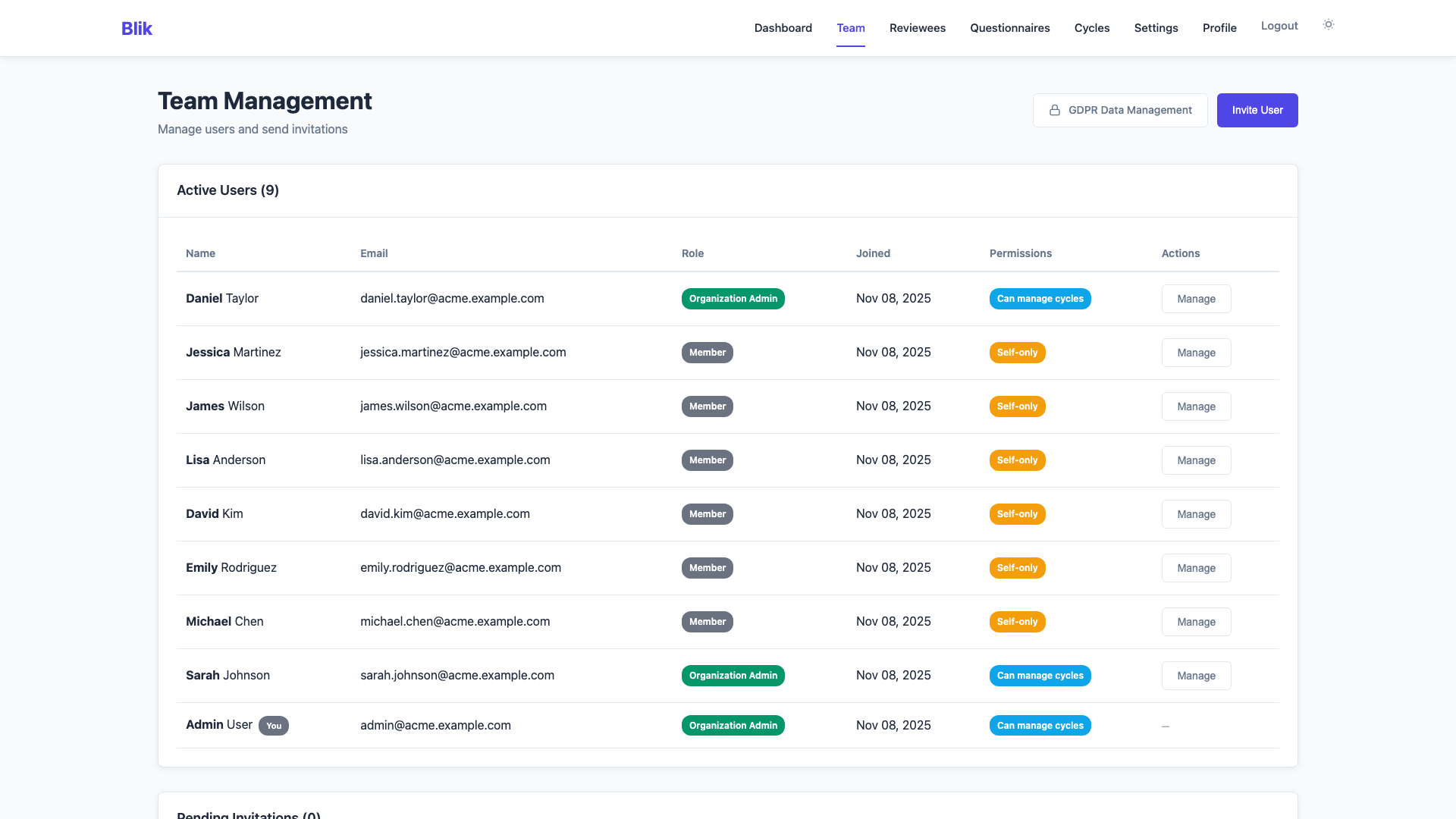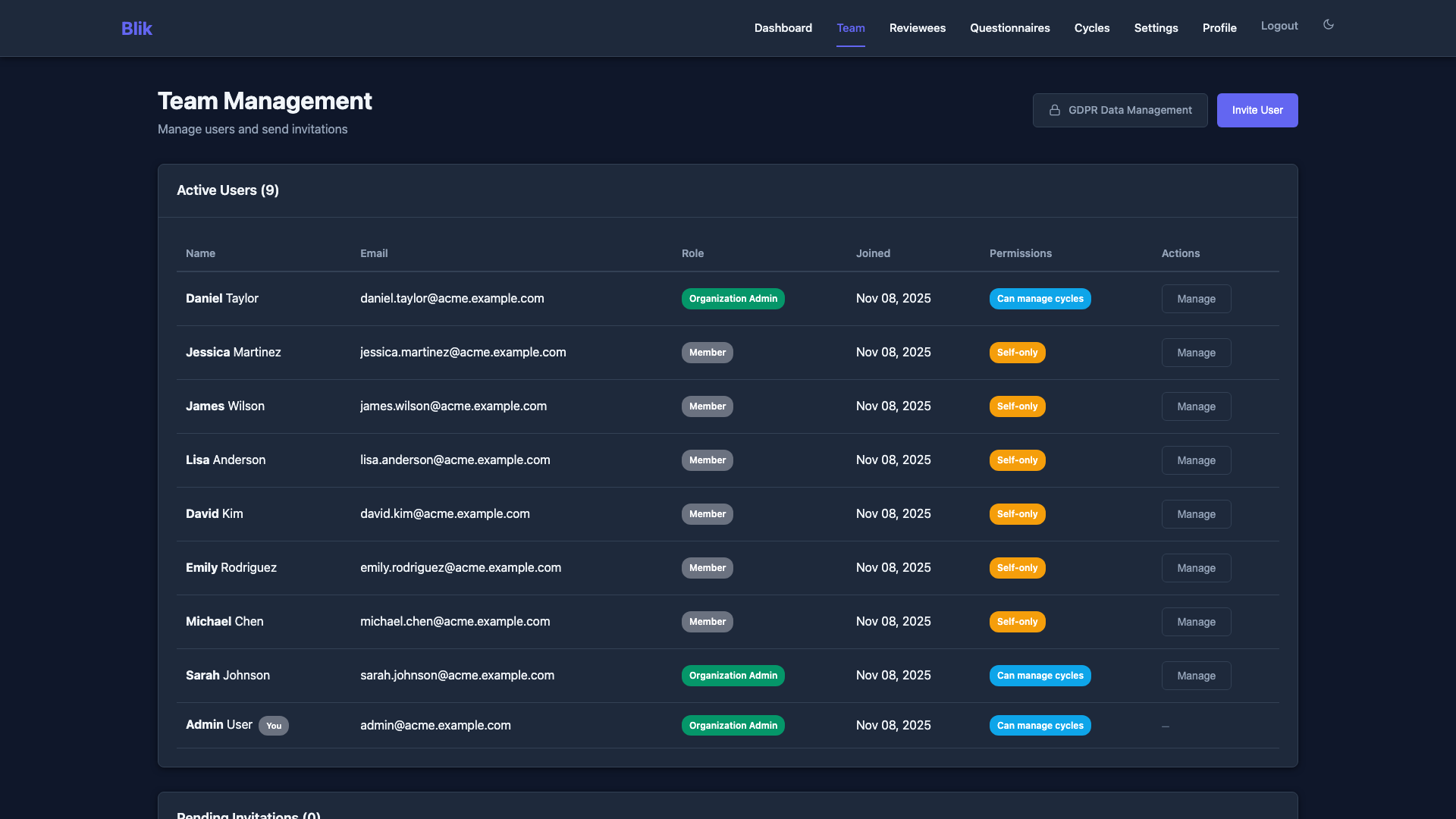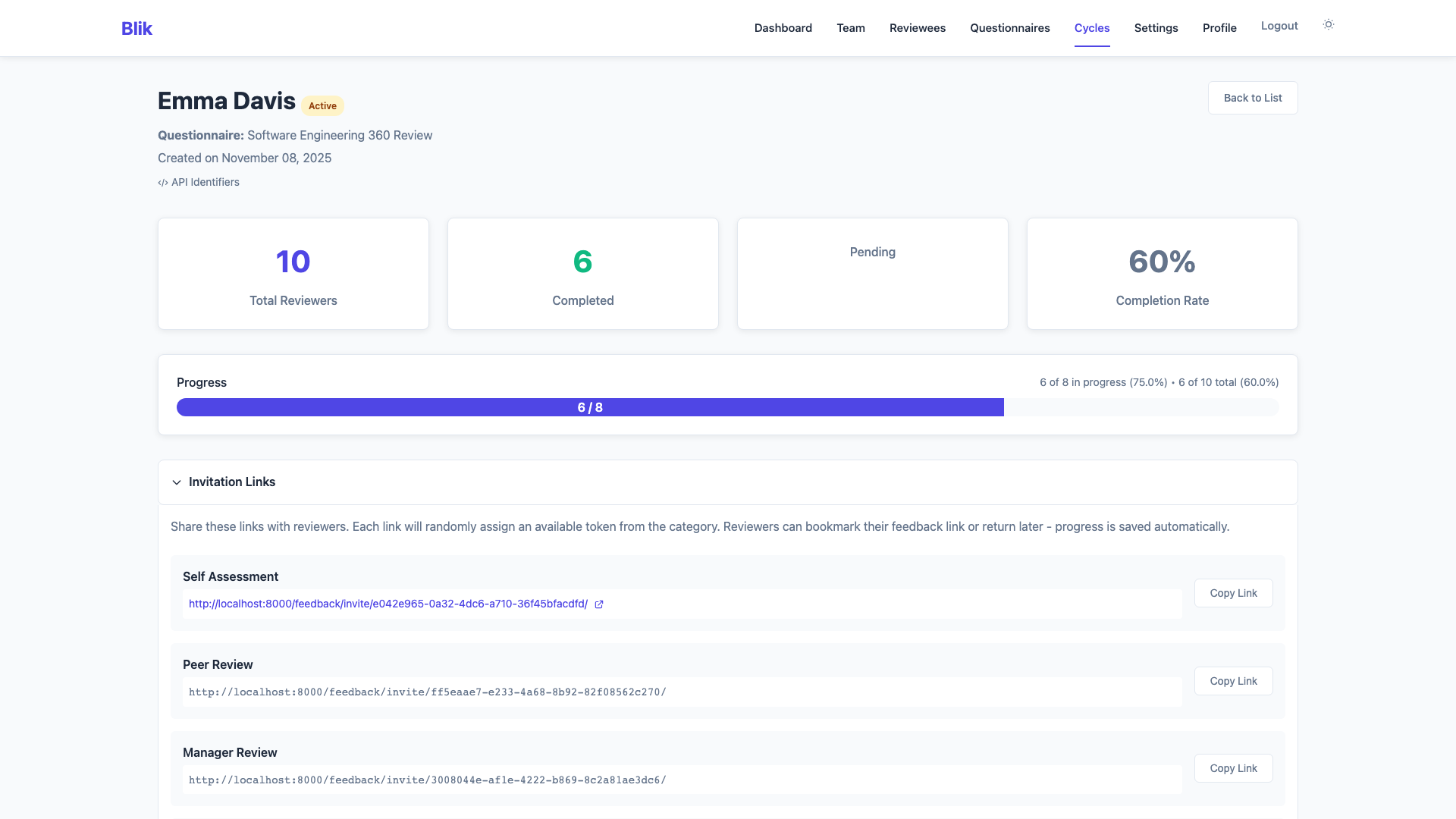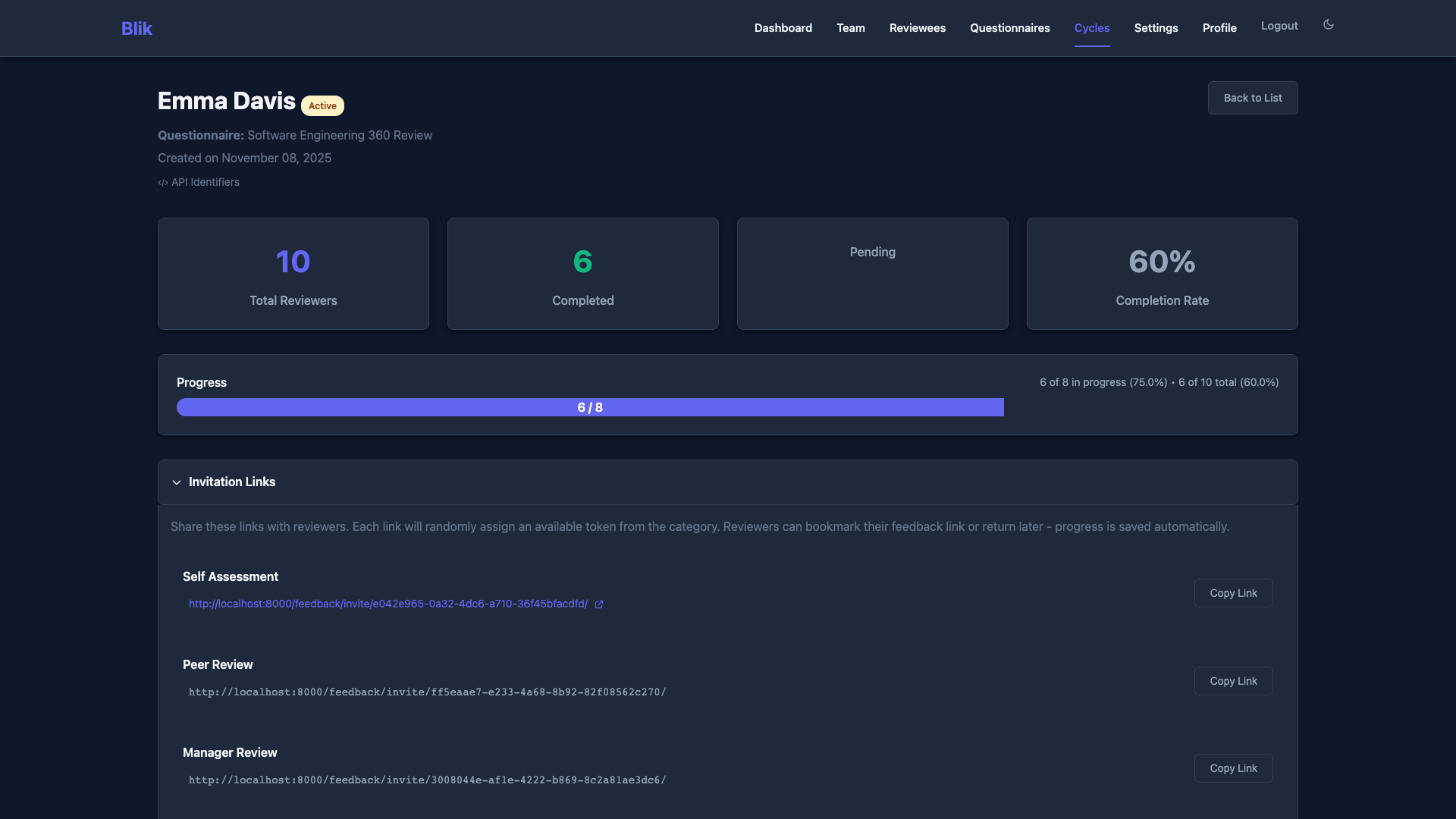Why Django instead of Rails/Node.js/Go?
Django brings mature ecosystem, excellent ORM, built-in admin interface, and security features by default. Python is widely known. Django has been battle-tested for 15+ years. The admin panel alone saves months of development. Type hints and async support in modern Django. For this use case, Django is the pragmatic choice.
Can I use MySQL/MariaDB instead of PostgreSQL?
PostgreSQL is the only officially supported database. MySQL lacks some features we use (proper JSON fields, advanced constraints). You could fork and adapt for MySQL, but we recommend PostgreSQL for reliability and feature set. PostgreSQL is included in Docker setup, so there's no extra work.
How do I contribute code?
Fork the repo, create a feature branch, make your changes, add tests, update docs if needed, and open a pull request. Include clear description of what and why. Follow existing code style (Black formatting). All PRs reviewed by maintainers. Small, focused PRs merge faster than large refactors.
Is there a plugin system for extensions?
Not yet, but it's on the roadmap. Currently, extend by modifying the Django apps directly (it's open source). For custom features, fork and merge in updates from main branch. Plugin architecture planned for 2025 to make extensions cleaner. Until then, Django's app system provides good modularity.
What's the performance like at scale?
Tested with 500 users and 50 concurrent review cycles without issues. Django is fast enough for this use case. PostgreSQL handles the data volume easily. For 1000+ employees, you might want query optimization and caching. Redis for caching is on the roadmap. Most orgs will never hit performance limits.
How do updates work? Will they break my customizations?
Standard git workflow. Pull latest main, review changes, test locally, deploy. Django migrations handle database changes automatically. If you've customized code, merge conflicts are possible. Keep customizations minimal or in separate branch. Consider contributing custom features back so they're maintained upstream.
Is there commercial support available?
Currently community-supported via GitHub issues. Paid support options are being explored for 2025. For now, the codebase is clean enough that competent Django developers can self-support. Many companies deploy and maintain it internally.



